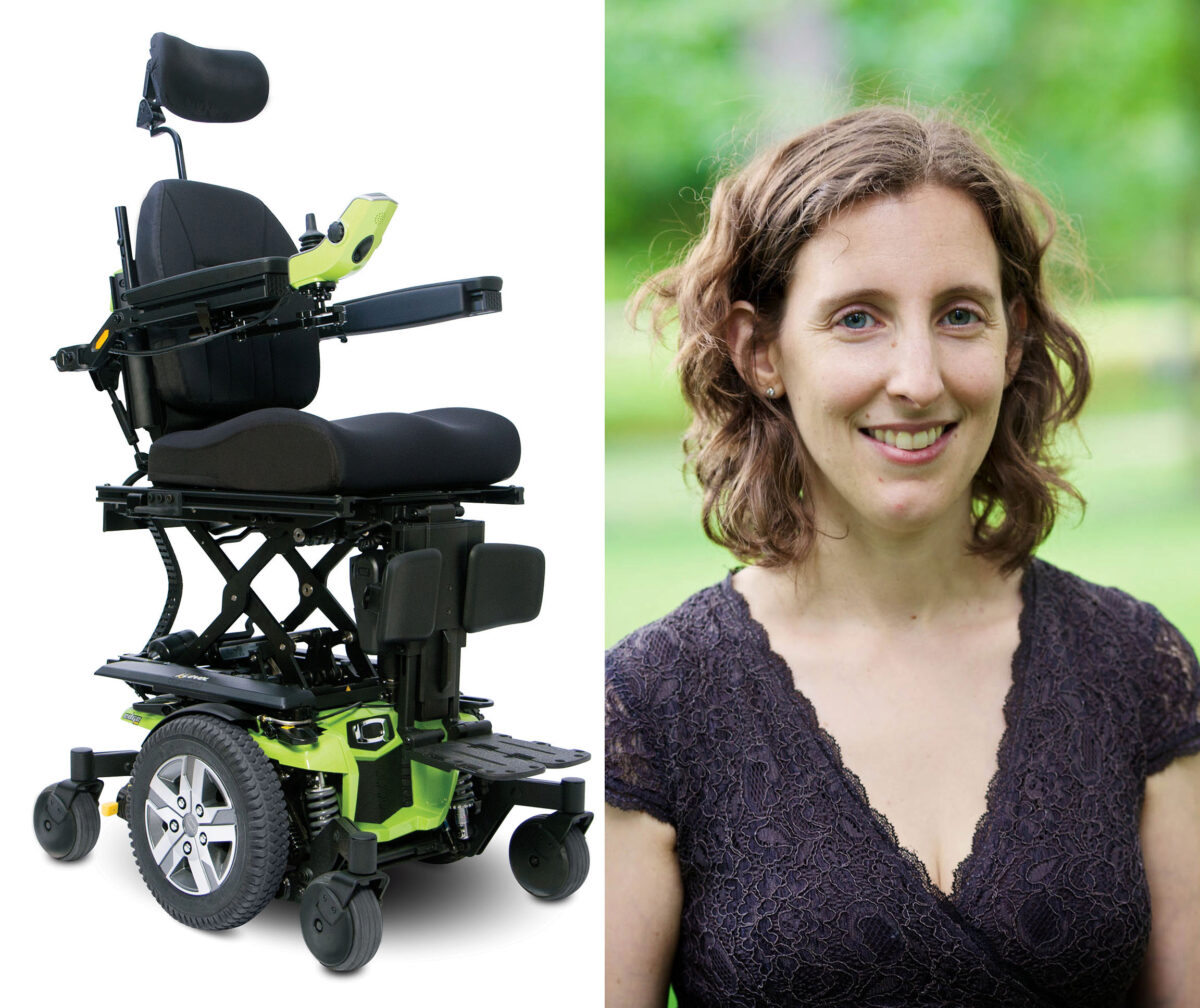
“We know that power adjustable seat height is playing a vital clinical role in users’ lives,” shares Jeannie Sayre, Quantum’s vice president of clinical development. “Some users still face funding barriers to this clinically-necessary mobility technology, so this research study will ideally clarify through data as to why funding sources should cover it for those in need.”
Georgia Tech’s Rehabilitation Engineering and Applied Research Lab has already conducted a pilot survey on seat elevation. It found 84% of participants used the technology for increased safety and independence during activities of daily living such as transferring, reaching, and preparing meals.
The current study, led by Woodruff School Design, Mechanical Engineering, and Bioengineering Professor Stephen Sprigle and Senior Research Scientist Sharon Sonenblum, seeks to expand the scope of the survey by using a larger participant group and data-logging technology. It will also feature ecological momentary assessment, or real-time prompting of users to gain information to create a real-world portrayal of how seat elevation is used daily and its clinical benefits to users. “We want to make sure it’s a true representation—across ages, disability types, geographical areas,” said Julie Piriano, vice president of clinical education and rehab industry affairs, and the compliance officer for Pride Mobility Products/Quantum Rehab, which is sponsoring the study. Adds Sonenblum, “Understanding how people interact with their assistive technology in the real world is at the heart of our research, and is key to improving device prescription and design.”
The study will be key to industry efforts seeking widespread coverage for seat elevation technology. While getting coverage is a process that takes time, good research can speed that along. “For powered tilt, there was no code or coverage criteria at first,” Piriano said. “But it took less time to get (compared to other technology) because there was research behind it very quickly.”
The study is ongoing through 2017, and its protocols are overseen by Georgia Tech’s Institutional Review Board and follow the guidelines set forth by Good Publication Practice for Communicating Company-Sponsored Medical Research, GPP3. The results of the study will be published and presented by Georgia Tech once completed.
